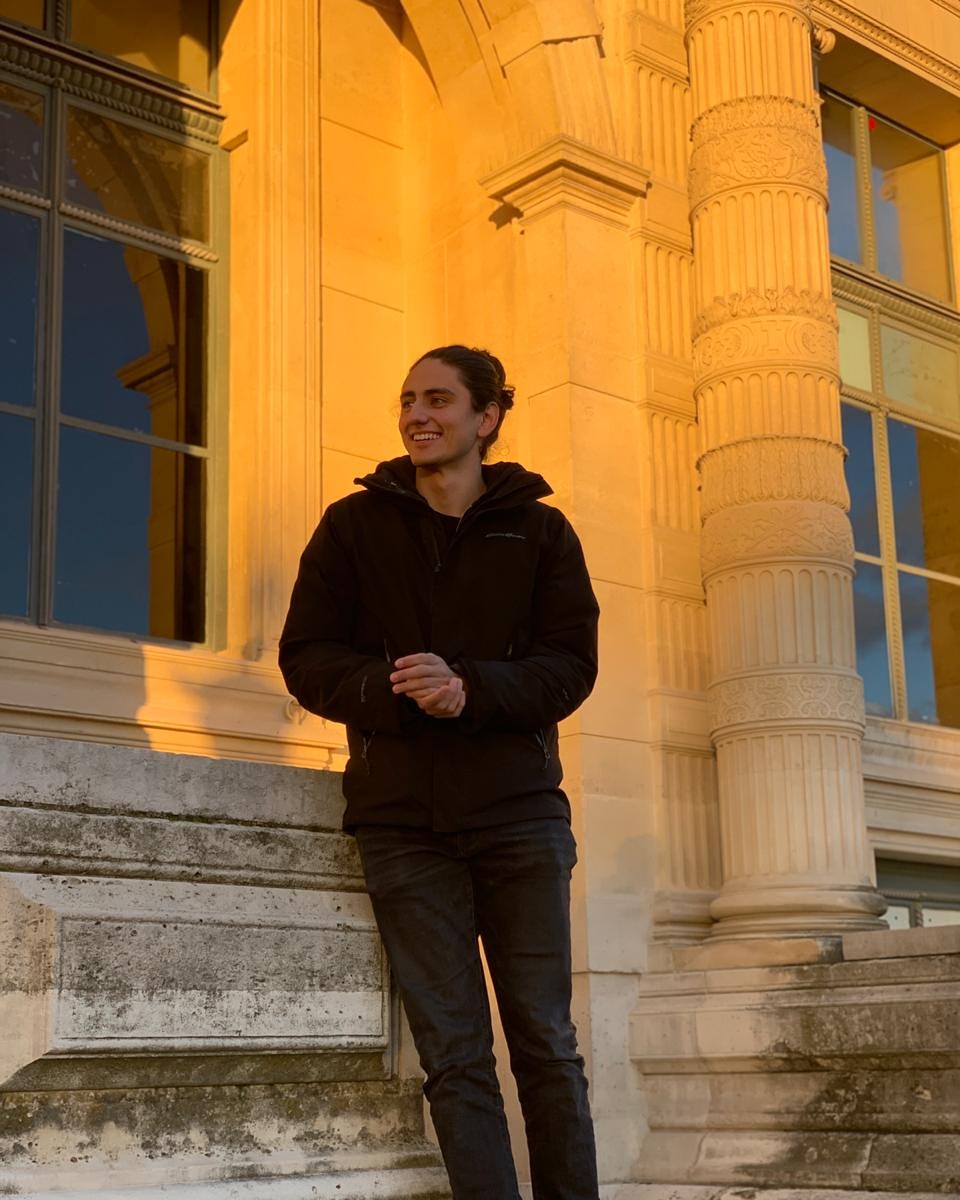Privacy-preserving machine learning for healthcare: open challenges and future perspectives
Alejandro Guerra-Manzanares, L. Julian Lechuga Lopez, Michail Maniatakos, Farah E Shamout
International Conference on Learning Representations 2023: Workshop on Trustworthy Machine Learning for Healthcare, 2023
Machine Learning (ML) has recently shown tremendous success in modeling various healthcare prediction tasks, ranging from disease diagnosis and prognosis to patient treatment. Due to the sensitive nature of medical data, privacy must be considered along the entire ML pipeline, from model training to inference. In this paper, we conduct a review of recent literature concerning Privacy-Preserving Machine Learning (PPML) for healthcare. We primarily focus on privacy-preserving training and inference-as-a-service, and perform a comprehensive review of existing trends, identify challenges, and discuss opportunities for future research directions. Read more
